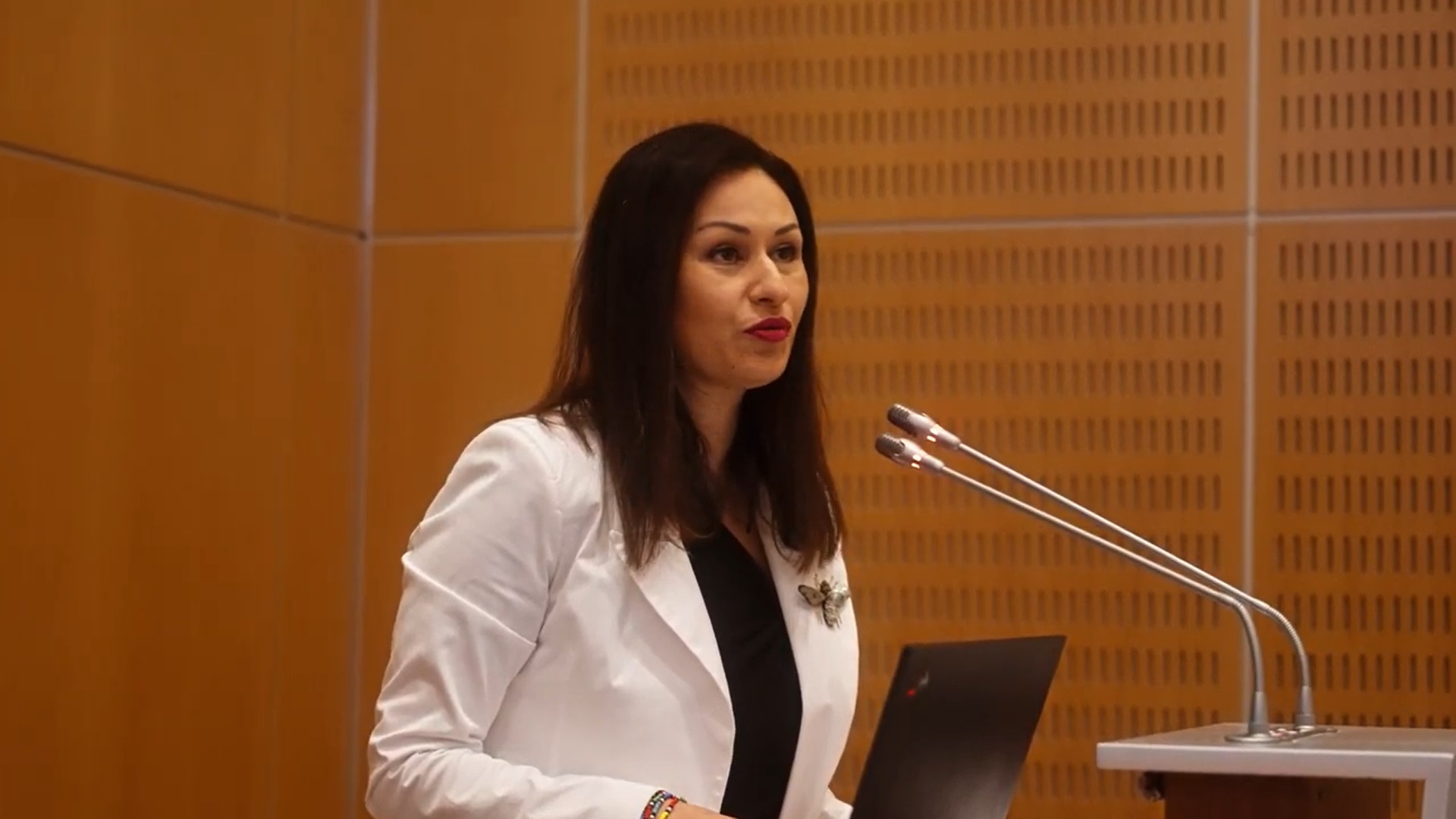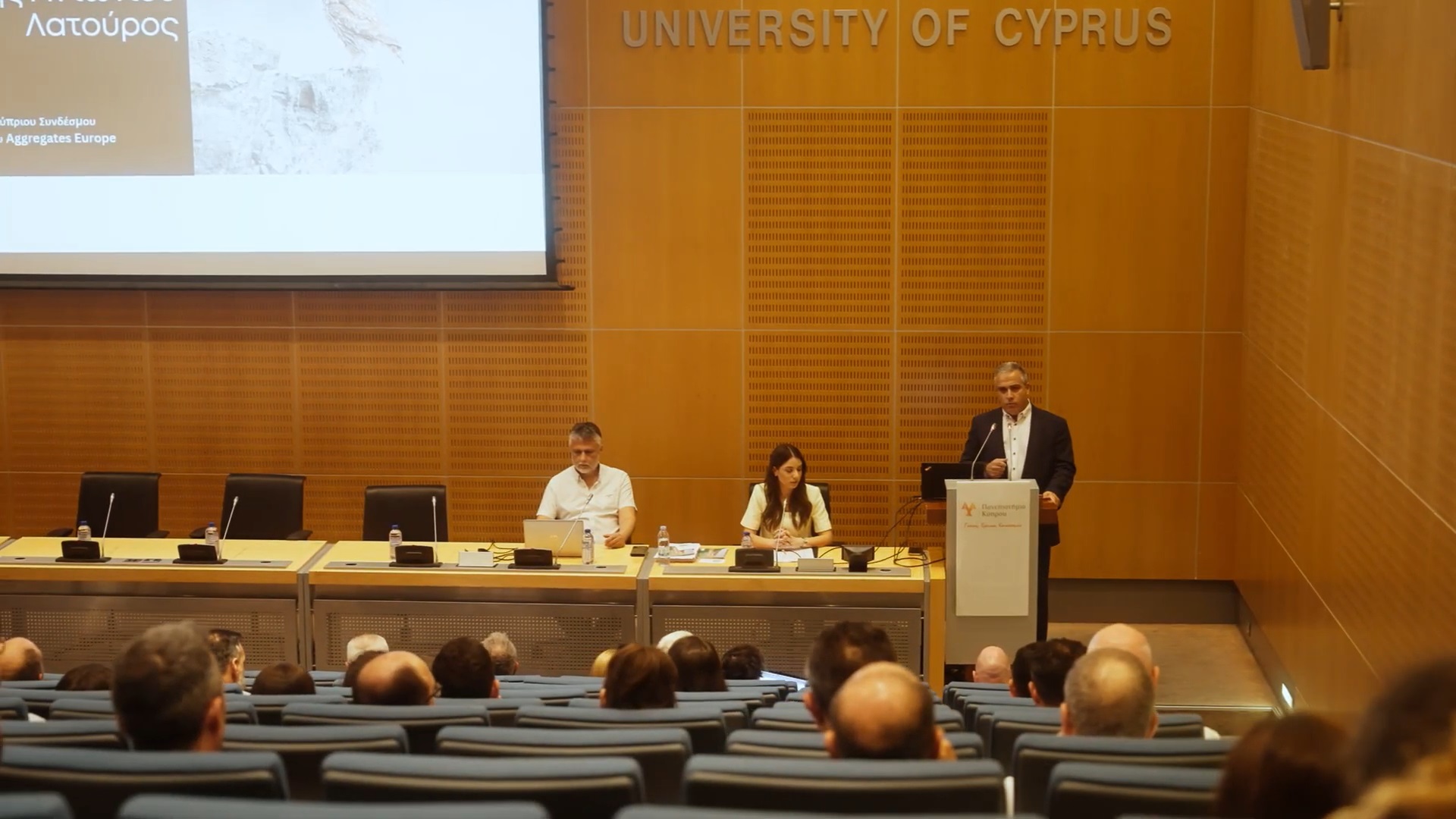Scientists, government officials and industry leaders gathered this week at the University of Cyprus for a presentation of a study documenting biodiversity in quarry zones, aiming to reshape policies on sustainable extractive activities.
The event was organised by the Cyprus Aggregates Association, which operates under the umbrella of the Cyprus Chamber of Commerce and Industry (Keve).
According to the chamber, the event “marked the beginning of a new dialogue among the scientific community, industry stakeholders and environmental organisations on sustainable extractive activity“.
Attending the event were the Agriculture Minister Maria Panayiotou, University of Cyprus council president Tasos Anastasiou, environment commissioner Antonia Theodosiou, the president of Aggregates Europe Antonis Antoniou Latouros, as well as the directors of the department of environment and the mines and quarries service.
Representatives of environmental organisations, academics and members of the scientific community were also present.
The study was conducted by the Department of Biological Sciences at the University of Cyprus under the scientific supervision of Professor Spyros Sfenthourakis.


It was commissioned by the Cyprus Quarries Association with the support of Aggregates Europe.
“This study constitutes the first national-scale project in Europe that systematically records biodiversity in the quarry zones of an entire country,” the announcement mentioned.
Under the slogan “New data – New prospects,” the study sheds light on a lesser-known yet crucial dimension of quarrying activity.
The announcement further stated that the study “demonstrates that with proper management and restoration, quarries can be transformed into areas of high biodiversity, hosting rich and rare species as well as unique habitats, often in greater variety than in surrounding natural areas”.
“The success of the event and the high level of dialogue that developed confirm that this study is a starting point for a more substantial and well-documented approach to the relationships between production, environment and society,” it added.
The announcement concluded by saying that the study also “serves as a valuable tool for shaping modern policies that enable the harmonious coexistence of extractive activity and nature conservation“.






Click here to change your cookie preferences